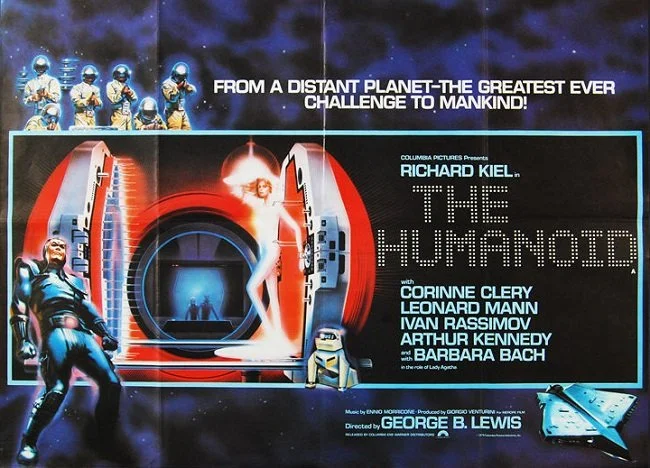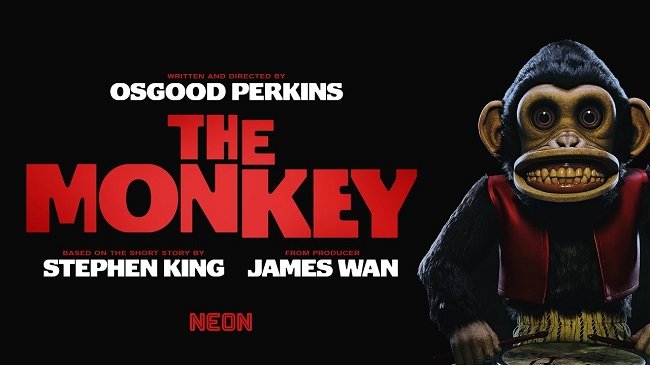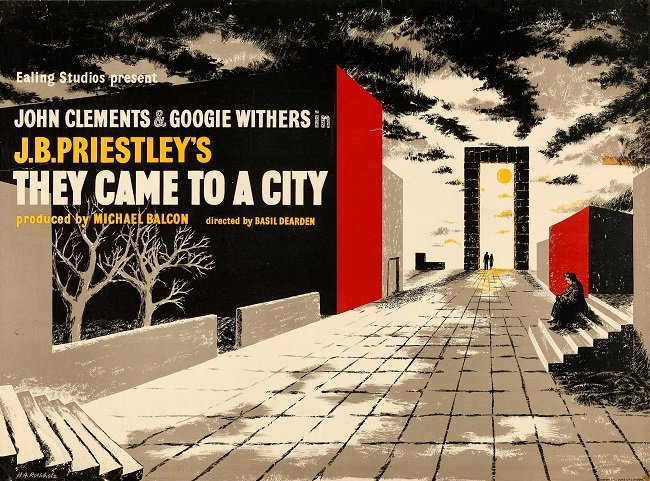The Ninth Configuration (1980)
In a remote Gothic castle in the Northwest of America, the US military attempt to determine whether a group of apparently deranged servicemen and one astronaut, Billy Cutshaw (Scott Wilson), are faking their insanity. When experimental psychiatrist Hudson Kane (Stacey Keach) arrives to take charge, he is subtly persuaded by Cutshaw and fellow inmate Lt. Reno (who is adapting the works of Shakespeare for dogs) to indulge the men's delusions and engage in extravagant roleplay therapy. As Center 18 descends into insanity, it becomes clear to Sargent Groper (Neville Brand) of the hospital staff, that the new psychiatrist may be more deranged than the patients. Cutshaw challenges Kane to prove the existence of God by showing him one single act of genuine self-sacrifice. Kane accepts the challenge but his mental state is rapidly deteriorating. He reveals to medic Dr Fell (Ed Flanders) that he is haunted by murderous dreams belonging to his brother, the infamous marine 'Killer' Kane. Who or what is psychiatrist Hudson Kane? Will Cutshaw and the other patients be cured?
It is very difficult to know where to begin with any sort of analysis of The Ninth Configuration as it’s a movie that straddles multiple genres. Written and directed by William Peter Blatty its Golden Globe-winning script is a reworking of director’s 1966 novel “Twinkle, Twinkle, Killer Kane”. The screenplay expands an quirky literary theological indulgence into a powerful and deeply philosophical melodrama. The film forms the second part of a 'trilogy of faith' which began with The Exorcist and concluded with Legion (filmed as The Exorcist III). This extraordinary theological thriller combines scathing satire with sanguine spirituality in one of the most genuinely bizarre offerings of modern US cinema. There are parallels to Hitchcock's Spellbound (1945) in terms of the narrative but its tone is closer to Samuel Fuller's Shock Corridor (1963) or David Lynch's Twin Peaks Fire Walk with Me. One can also draw parallels with Miloš Forman’s One Flew Over the Cuckoo’s Nest. Sadly, The Ninth Configuration still does not enjoy the status of that movie.
The Ninth Configuration alters in tone regularly throughout its narrative arc, exploring philosophy one moment, then dabbling is slapstick humour the next. The film at times comes dangerously close to pretentiousness, yet the story is intelligently brought back to earth with gallows humour and jolting bursts of violence. There are visions of a lunar crucifixion, the claustrophobic realism of a bar-room brawl, therapeutic Nazi roleplay and Moses Gunn dressed as Superman. Blatty directs like a man who has discarded the cinematic conventions rulebook and challenges the limits of mainstream film making. The result is a movie that is not easily quantifiable and thus not immediately accessible to mainstream audiences. Yet it’s a film packed with oddly erudite one liners; "You remind me of Vincent Van Gogh. Either that or a lark in a wheatfield”. The late William Petty Blatty had a flair for comic dialogue. Thus, the ensemble cast are allowed to explore their characters to the full. Stacy Keach playing catatonically straight to Scott Wilson's Marx Brothers madcap persona. Ed Flanders' remains deadpan, while George DiCenzo and Robert Loggia chew the scenery. Jason Miller and Joe Spinell indulge in Abbott and Costello style banter as they stage Shakespeare in increasingly bizarre ways.
Cinematographer Gerry Fisher prowls around the castle's corridors in suitably gothic fashion. The brooding environment is an interesting juxtaposition to the traditional sterile environment of a military hospital. Barry DeVorzon's provides an eerie score that manages to enhance the unfolding madness. His musical cues are few but expertly deployed. A key scene in the movie is a bar room fight, which shifts the direction of the narrative noticeably. It’s an incredibly authentic piece of fight choreography, using accurate techniques, created by veteran stunt arranger Booby. It’s one of the most credible fights involving someone with a military background, since John Frankenheimer's The Manchurian Candidate. Miraculously, despite the intentionally chaotic manner in which the story unfolds, as it lurches from comedy to tragedy to psychosis, director Blatty manages to produce a film that examines the most fundamental questions of life. Is there a God? Is there a point to it all? Why is there so much suffering in the world? His conclusion is poignant and thought provoking.
The Ninth Configuration has been distributed in numerous formats over the last 37 years, most of which were constructed by Blatty himself. Refined from an assembly print of over three hours, the film was originally issued in the US in two distinct versions. A longer cut first released by Warner in early 1980 and an abridged version retitled Twinkle, Twinkle, Killer Kane from United film Distribution. There have also been additional regional variations that have been cut for content or violence. Unsatisfied with all versions, Blatty finally decided to definitively recut The Ninth Configuration for a New World rerelease in 1985, creating the 1 17-minute, 37-second cut which now stands as his approved runtime. This final cut includes much comic dialogue absent from other versions (Cutshaw and Reno discussing “Spellbound”, Reno and Spinell arguing about casting Hamlet) and adds a haunting pre-credits overture in which Barry DeVorzon's song “San Antone” plays over a montage of images of the castle in the rain. It is this edit that is currently available on DVD and Blu-ray.
The Ninth Configuration is a curious beast and is certainly not for all audiences. It has a measured pace that requires both patience and concentration from the viewer. I would urge anyone who enjoys theological debate, or films that address the human condition to view this enigmatic piece of cinema. Be prepared to indulge the film maker and expect the unexpected. Also be aware that this is an adult film with adult themes. Therefore, the film is rated “15” in the UK and "R" in the US and is not for the casual viewer. For those who approach it in the right fashion it should prove a rewarding and experience and a definite talking point. Hopefully in the years to come, The Ninth Configuration will move beyond its current cult film label and achieve the artist recognition it truly deserves.




























